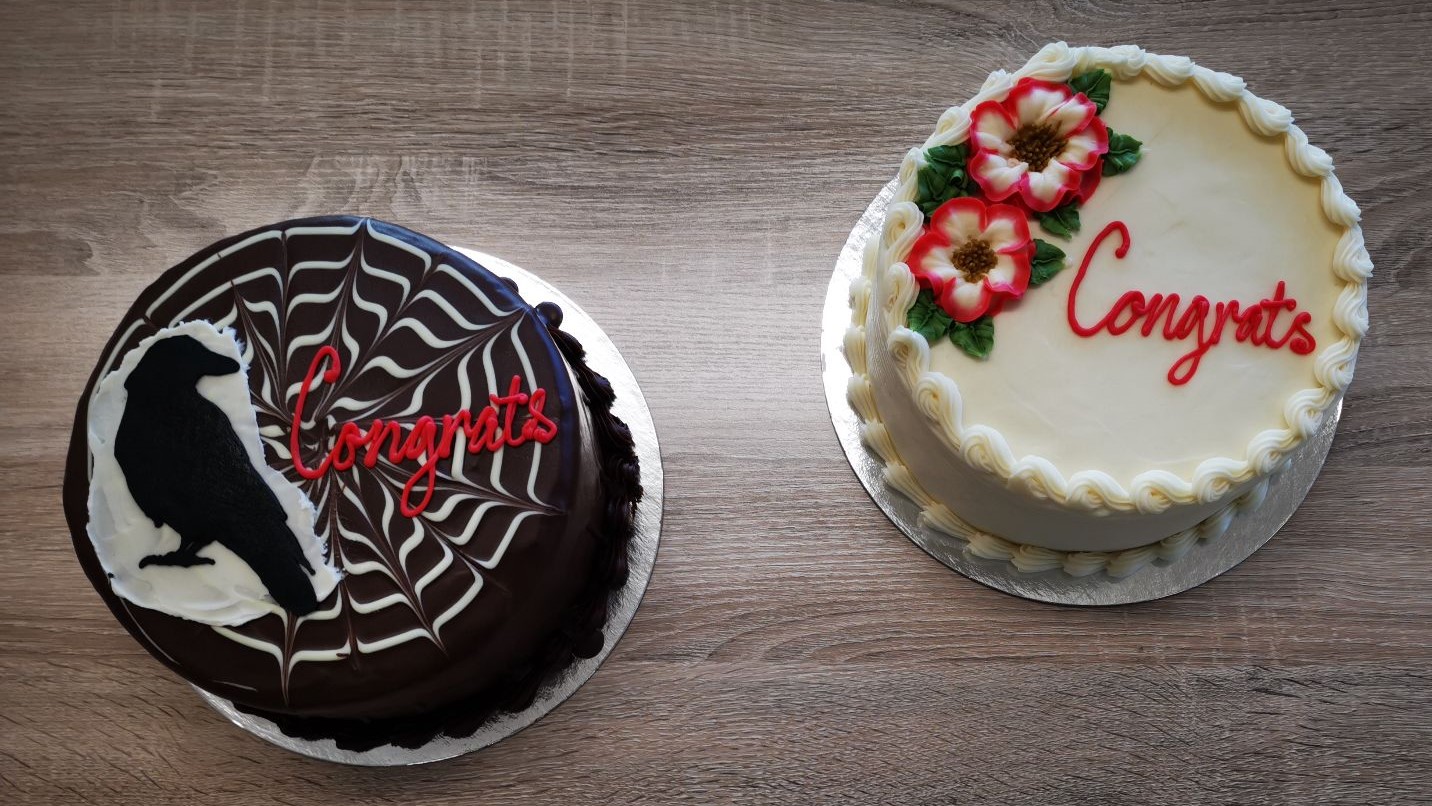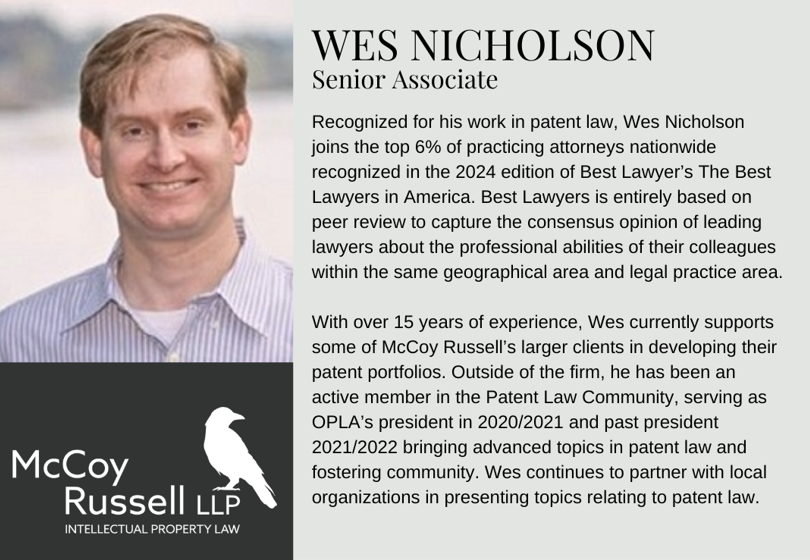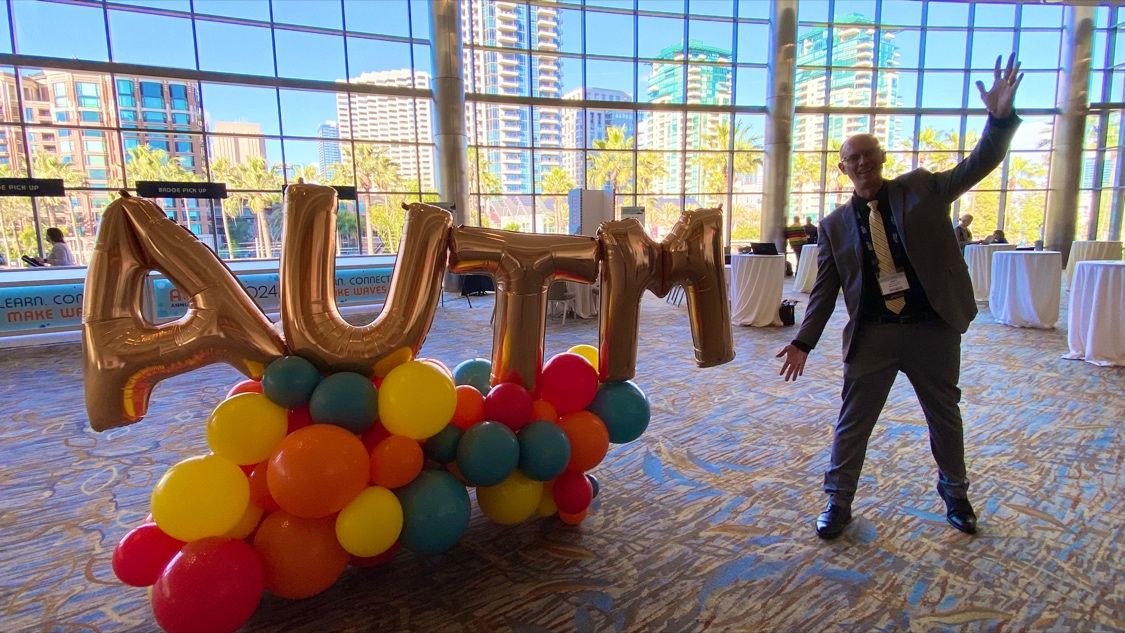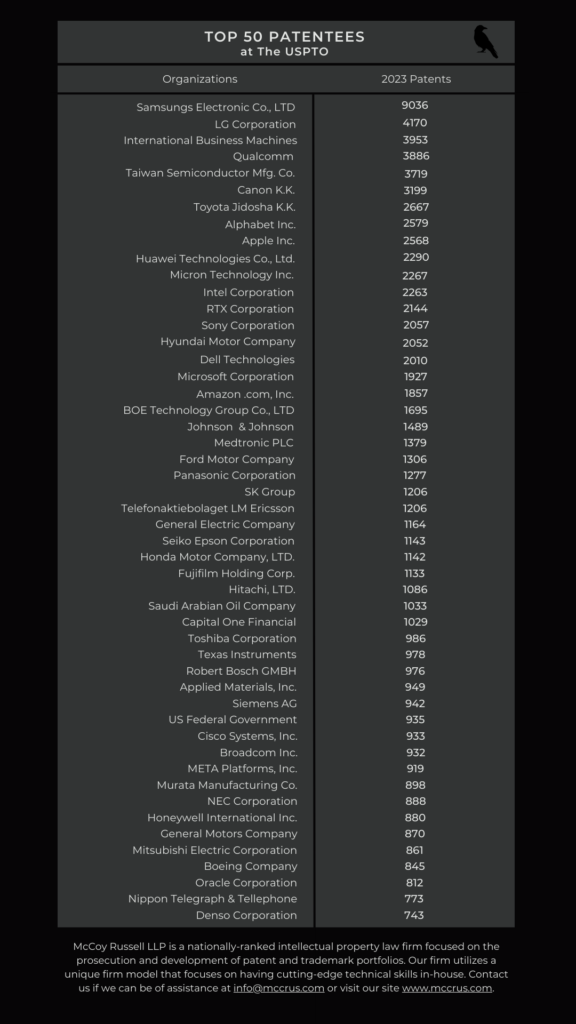As progress in software-based innovations continues, so do legal debates surrounding the patenting of software. Following various historical twists and turns, patents have come to be granted to “processes, machines, manufactures, or compositions of matter” that are inventive—meaning novel and non-obvious—and which the inventor enables the public to practice after the patent expires. However, software abstract in ways that tangible inventions are not, and as a result software inventions have been subjected to significant additional criteria. Moreover, the line between patentable software innovation and unpatentable software innovations can be difficult to discern, which in turn complicates the patenting of software.
One of the fundamental challenges in patenting software lies in navigating the boundary of patentable subject matter. Currently, patentable subject matter doctrine revolves around the presence of language in the claims related to “judicial exceptions,” which primarily encompasses things like “abstract ideas,” “natural phenomena,” and “laws of nature.” Due to the abstract nature of software (as well as its complex relationship to mathematical algorithms), judicial exceptions have proven to be a source of contention among patent professionals, as well as in the software industry. It can be difficult to distinguish between software that avoids issues related judicial exceptions in a patentable manner, and software that includes abstract ideas or mathematical concepts in a way that will prohibit patent protection.
Additionally, some critics believe that granting patents for software innovations can inappropriately stifle competition and hinder progress. One contention is that the rapid pace of technological advancements in the software domain, and the increasingly collaborative and iterative nature of software development, the traditional patenting process—which is often time-consuming and resource-intensive—may hinder rather than foster innovation. Another contention is that granting patents for software innovations can lead to the creation of patent thickets, where a multitude of overlapping patents cover a particular technology, creating legal complexities and impeding further development.
Finally, the high number of patent infringement lawsuits in the software industry may be attributable at least in part to ambiguities surrounding the patentability of software. The lack of clear guidelines for determining the patentability of software inventions has contributed to lengthy legal battles and an environment where patent trolls exploit the system for financial gain.
In the next post, McCoy Russell will explore approaches to patenting software inventions taking these challenges into account.












Recent Comments